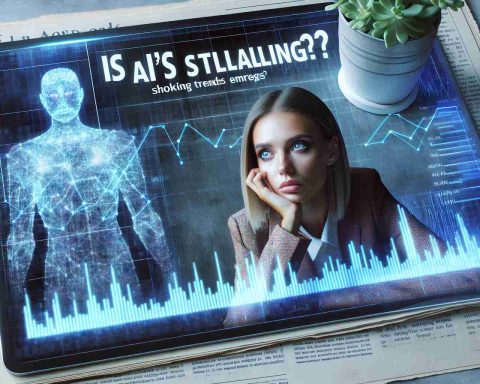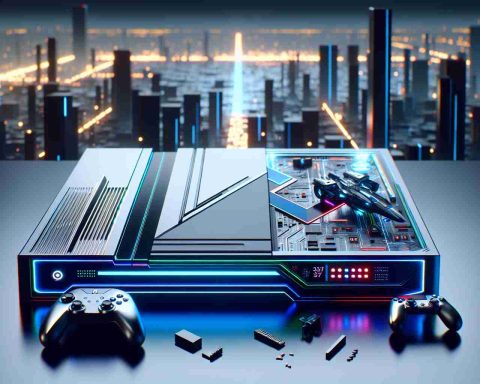The gaming world is abuzz with new developments from Unity Technologies, the company listed on the New York Stock Exchange under the ticker symbol “U.” This technology giant is making headlines with its groundbreaking advancements, potentially redefining the future of immersive gaming experiences.
Unity, widely acclaimed for its versatile game development engine, is now at the forefront of adopting cutting-edge technologies like augmented reality (AR) and virtual reality (VR). The possibilities that Unity’s innovations present for the future of gaming are endless, offering gamers experiences that are more interactive and immersive than ever before. As Unity broadens its horizons beyond traditional gaming, the company is pioneering ways to integrate these technologies into everyday applications, from virtual tours to interactive learning and more.
Furthermore, with the rise of the metaverse—a collective virtual shared space created by the convergence of virtually enhanced physical reality and physically persistent virtual space—Unity is strategically positioned to be a key player. By providing tools for artists, developers, and creators to build expansive, interconnected digital realms, Unity is contributing to the metaverse narrative in significant ways.
As the company continues to innovate, its influence extends beyond the typical gaming landscape. Investors closely watch Unity’s trajectory on the NYSE, eager to see how these advancements will impact future valuations and market presence. Unity stands at the cusp of a technological revolution, offering a glimpse into the rapidly evolving world of gaming and interactive media.
Unity’s Technological Revolution: Shaping the Future Beyond Gaming
Unity Technologies is not just transforming the gaming sector with augmented reality (AR) and virtual reality (VR). The implications of these innovations reach far beyond what was previously mentioned. Did you ever imagine using AR to learn surgery or VR to experience historical events? Unity makes it possible. But how does this affect us all?
Communities worldwide are set to witness new forms of education, captivating cultural experiences, and enriched social interactions. For instance, schools integrating Unity’s AR tools can transform classrooms, turning textbooks into engaging, interactive lessons. Medical training sees similar transformation, offering intuitive simulations for aspiring surgeons thus enhancing practical skills. On a societal level, this means better-educated professionals and interactive, rich cultural exchanges.
However, there are controversies. The digital divide grows larger—those without access to high-tech alignments feel left behind, raising concerns about inequality. Moreover, with growing reliance on digital spaces comes the question of mental health. Overdoses of virtual experiences can lead to social withdrawal, posing risks to psychological well-being.
What about the financial side? Unity’s innovations have led economies to rely more on digital growth, affecting how countries prioritize tech investments. While investors are optimistic, the fast pace might intimidate smaller developers concerned over staying relevant without Unity’s costly tools.
For further exploration, consider checking out Unity‘s website or gaining insights on metaverse impacts at Forbes.
Advantages? Enhanced learning, cultural inclusion, and innovative job markets. The disadvantages? A widening digital divide and potential mental health issues. As Unity shapes this new world, the question remains: are we fully prepared for the repercussions?























